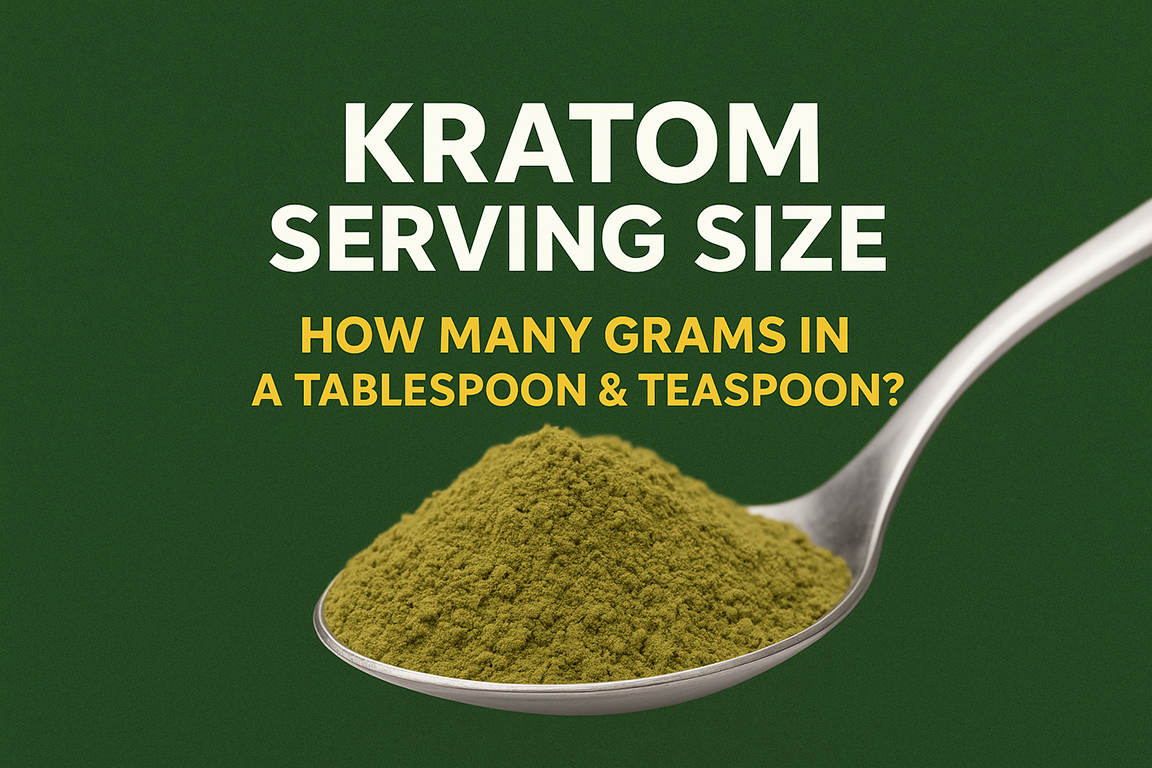News >> Timeline of agency action on kratom
Most Viewed

Timeline of agency action on kratom
Created by: admin at Dec 11, 2022 4342016
At the recommendation of the Food and Drug Administration (FDA), the Drug Enforcement Administration (DEA) publishes a notice of intent to temporarily schedule kratom under the CSA. Less than two months later, the DEA rescinds its notice after receiving numerous public comments and a bipartisan letter from lawmakers.
2018
The Department of Health and Human Services (HHS) rescinds its earlier evaluation, saying the substance should not be controlled "temporarily or permanently until scientific research can sufficiently support such an action."
2018-Present Day
The National Institute on Drug Abuse (NIDA), in coordination with National Institutes of Health (NIH), awards over $15 million in funding for scientific research on kratom to the University of Florida, University of Virginia, University of Michigan, and other institutions.
2021
The World Health Organization's (WHO) Expert Committee on Drug Dependence (EDCC) concludes there is insufficient evidence of adverse health effects from kratom that would warrant additional critical review or inclusion in the United Nations' list of internationally controlled substances.
2022
In a letter to lawmakers in March, HHS Secretary. Xavier Becerra says: "We believe that additional data and information are needed to understand the public health impact of kratom in terms of therapeutic benefits as well as safety risk."
source : kratomanswer.org




